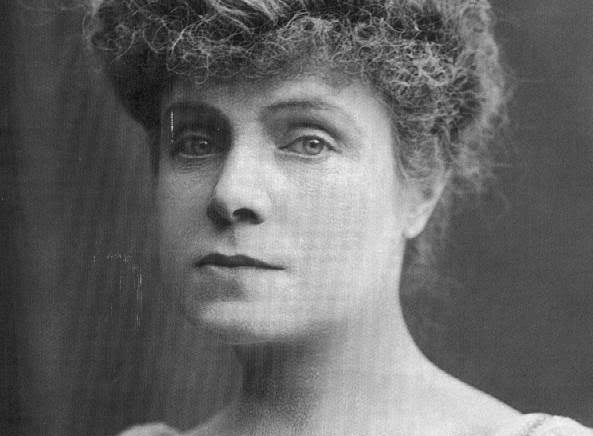quebec-oui.org – Infanta María Eulalia de Borbón was born on December 12, 1864, in Madrid, Spain, as the youngest daughter of Queen Isabella II of Spain and King Francisco de Asís. She belonged to the House of Bourbon, one of Europe’s oldest and most prestigious royal families. Eulalia was born into a turbulent period in Spanish history, as her mother’s reign was marked by political instability, culminating in Isabella II’s abdication in 1868, shortly after Eulalia’s birth.
Education and Early Years
Eulalia received a traditional education expected of royal children, with an emphasis on the arts, languages, and history. Growing up in a royal household steeped in court intrigues, she developed a strong sense of independence. Although royal life often meant she had to conform to societal expectations, Eulalia exhibited a remarkable interest in culture and the modern ideas of the time.
Role in Spanish Society
Throughout her life, Infanta Eulalia played a significant role in Spanish society, particularly in cultural and social spheres. As a member of the royal family, she had access to high society and was frequently involved in the court’s political affairs, though she often distanced herself from the more conservative factions. In her early adulthood, Eulalia became known for her progressive ideas and strong personality, which set her apart from the more traditional royal family members.
Marriage and Family Life
In 1886, Eulalia married her first cousin, Infante Antonio of Spain, a match that was both a political and familial arrangement. Their marriage produced one child, a son named Alfonso. However, the marriage was not a happy one and ended in separation. Infanta Eulalia’s personal life was often marked by a sense of independence that was uncommon in royal marriages of the time.
Eulalia’s Role as a Writer and Traveler
One of the most unique aspects of Infanta Eulalia’s life was her passion for writing and travel. After her separation from Infante Antonio, she traveled extensively across Europe and even ventured into North America. Eulalia was a skilled writer, penning books that reflected her travels and her observations on the evolving roles of women in society. Her works helped cement her legacy as a forward-thinking and intellectual member of the Spanish aristocracy.
In her book Spain in the Nineteenth Century, Eulalia explored the political and social landscape of Spain, providing a firsthand account of the changes and struggles during her lifetime. This book, along with her other writings, painted a vivid picture of a time in Spanish history when the monarchy was losing power, and Spain was struggling with its national identity.
Infanta Eulalia’s Political Involvement
Infanta Eulalia was often seen as a progressive figure, advocating for more liberal and modern policies. Though she did not engage directly in politics, her opinions and actions reflected a keen understanding of Spain’s political landscape. She was particularly involved in promoting women’s rights and education, advocating for changes that would allow women more freedom and autonomy in Spanish society.
Her advocacy for women’s education, in particular, was ahead of its time, considering the societal norms of the period. She was also outspoken in her support of the Spanish monarchy, even as the political landscape of Spain shifted dramatically in the late 19th and early 20th centuries.
The End of the Spanish Monarchy
After Spain’s monarchy was abolished in 1931, Infanta Eulalia lived out the remainder of her life in relative seclusion in Paris. She passed away on February 8, 1958, at the age of 93. Despite her relatively low profile in her later years, her contributions to Spanish society and her role in the royal family are still remembered today.
Legacy
Infanta Eulalia of Spain’s life serves as an example of a woman ahead of her time, navigating the challenges of being a royal in a changing world. Her writings, progressive ideas, and advocacy for women’s rights remain her lasting legacy. Though her life was not free from personal turmoil, she left a significant mark on Spanish culture and society that continues to be celebrated.
Her fascinating blend of royal duty, personal independence, and intellectual pursuit makes Infanta Eulalia a compelling figure in the history of Spain.
